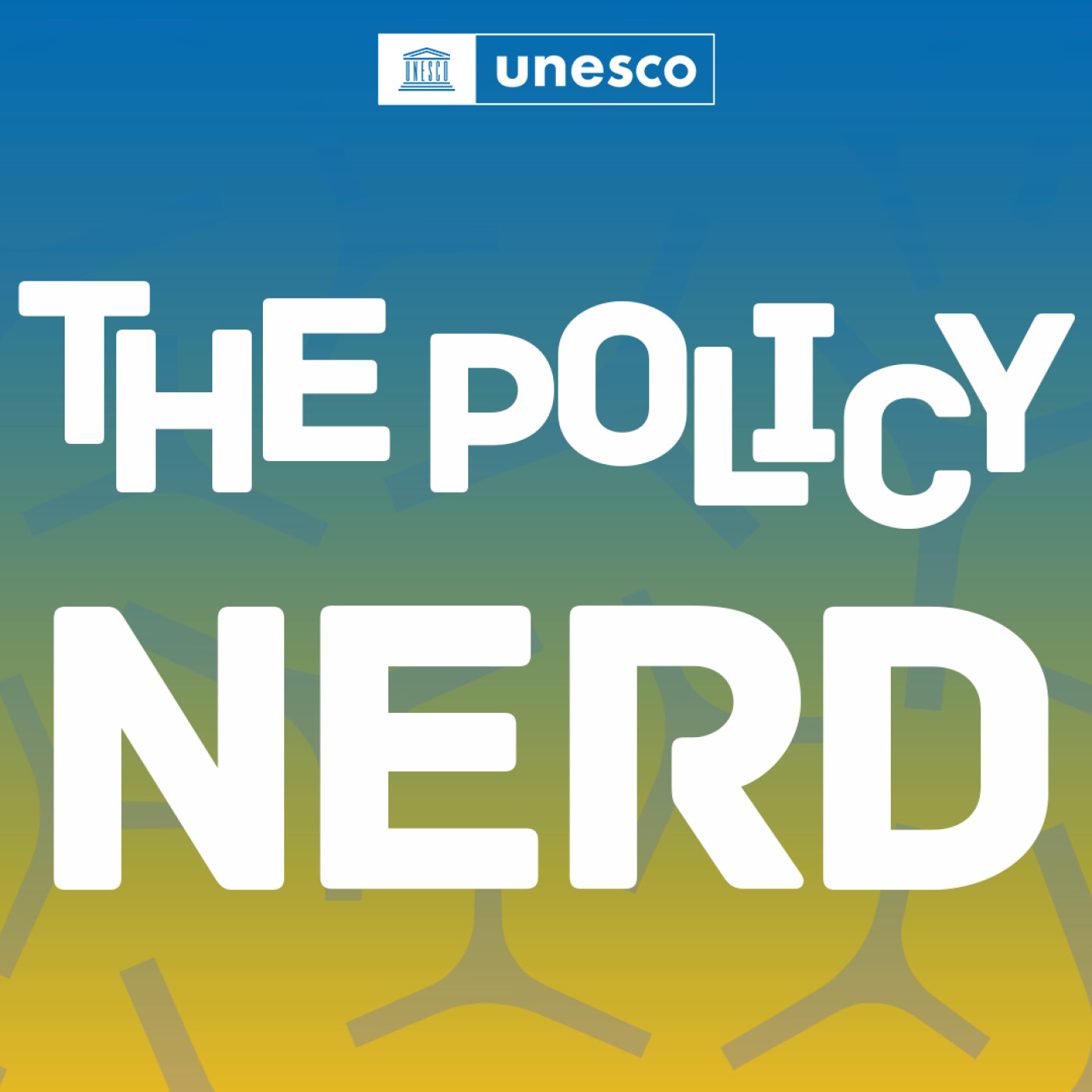Treat data like you treat infants – signals and empathy are key
Description
This is a 2-part podcast on data culture – how the private sector built such from within and if/how the public sector should follow.
The guest today is James Ingram, CEO of Splashlight and Telmar, and co-founder of LiiV. His business is rooted in data and his expertise lies in the ways data fuels growth. He is also invested, intellectually and philanthropically, in advancing the field of digital anthropology.
The host is John Crowley, UNESCO’s Chief of Research, Policy and Foresight.
PART 1: Data culture
The private sector has seen massive investments in their new data capacity, labelling data as assets and building data culture within companies to amplify its power. Other sectors lag behind. This part looks into:
· Data culture – why it matters and what is there to learn from the private sector;
· Frontiers of data – how the data agnostic to people is old news and how we should focus on data about people (i.e., understand the why and the how on top of the what);
· Empathy in data – how societies are to be treated like infants in neonatal care, with governments reading the data for signals of distress and rooting it all in empathy; and
· Digital lives – why understanding citizens’ digital lives is as big of a key to governance as understanding their physical ones.
PART 2: Data and action
The key concern of the UNESCO Inclusive Policy Lab is distilling recommendations and pointing to action that needs to be taken. This part talks:
· Knowledge gaps – what we know and what we lack in knowledge on data;
· Policy use – what deserves increased attention in decision making on data and how the public sector should be building data cultures from within; and
· Private sector – how business should be working with the worlds of knowledge and public policy to advance the ways we engage with data and use it for common good.
More Episodes
Daron Acemoglu, the newly minted Nobel prize laureate in Economics and distinguished Institute Professor at the Massachusetts Institute of Technology (MIT), debunks for us some long-standing assumptions about technology, productivity, and shared prosperity. Benefits do not automatically tickle...
Published 10/16/24
Published 10/16/24
Sudip Parikh, CEO of the American Association for the Advancement of Science and Executive Publisher of the Science journals, talks to us about major trends in science and how they affect us all. He begins by saying that populism and polarisation are taking hold of science. Belonging to a group –...
Published 04/10/24


